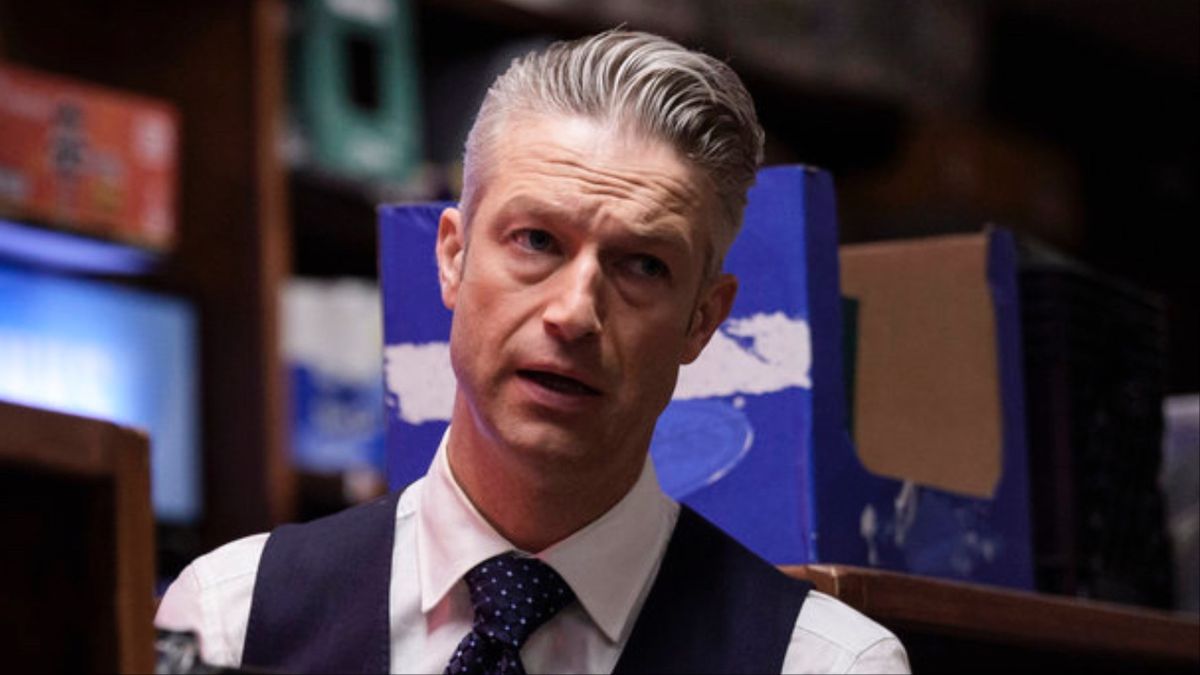
Instrumental music has its limits as a way of advocating for social change, and Tashi Dorji knows this. But he isn’t a guy who’s gotten where he is today by backing down when things get hard. After all, the guitarist figured out how to make it from his birthplace in the tiny South Asian country of Bhutan to the U.S., where he’s lived for the past quarter century. Then, Dorji topped that feat by supporting a family by playing improvised music, which he got into through the side door by scouring the internet for shared files of free improvisation while rooming with anarchist punks. Dorji doen’t just advocate for perseverance—he perseveres. So, let’s note the intentions signaled by his titles and consider how they might influence this LP’s sounds.
The name of We Will Be Wherever The Fires Are Lit puts it out there right away; Dorji is down with resistance. If you approve of colonialism, capitalism or any other action/system that puts actual or metaphorical boots on necks, his music wants to make you nervous. The remorseless churn of “Impossible Friendship” underscores the titular refusal to just get along, and the broad intervallic leap that almost instantly knocks “Center Can’t Hold…” off track evokes the precariousness of daily life for far too many people.
Woody Guthrie might have put a sticker on his acoustic guitar that said “This Machine Kill Fascists,” but Dorji makes his guitar sound like it might actually do the job. “Flowers For The Unsung” has an insistent stutter that just won’t quit, and the low-tech preparations on “New Signals///////” (where Dorji puts metal clips on his strings) makes his wooden instrument sound like a metal box with trouble brewing inside.
The 2020s are a time when many people feel like what they’re doing doesn’t matter. Dorji’s signals of defiance are one way of saying that he isn’t giving up, and you shouldn’t either. [Drag City]
—Bill Meyer


























